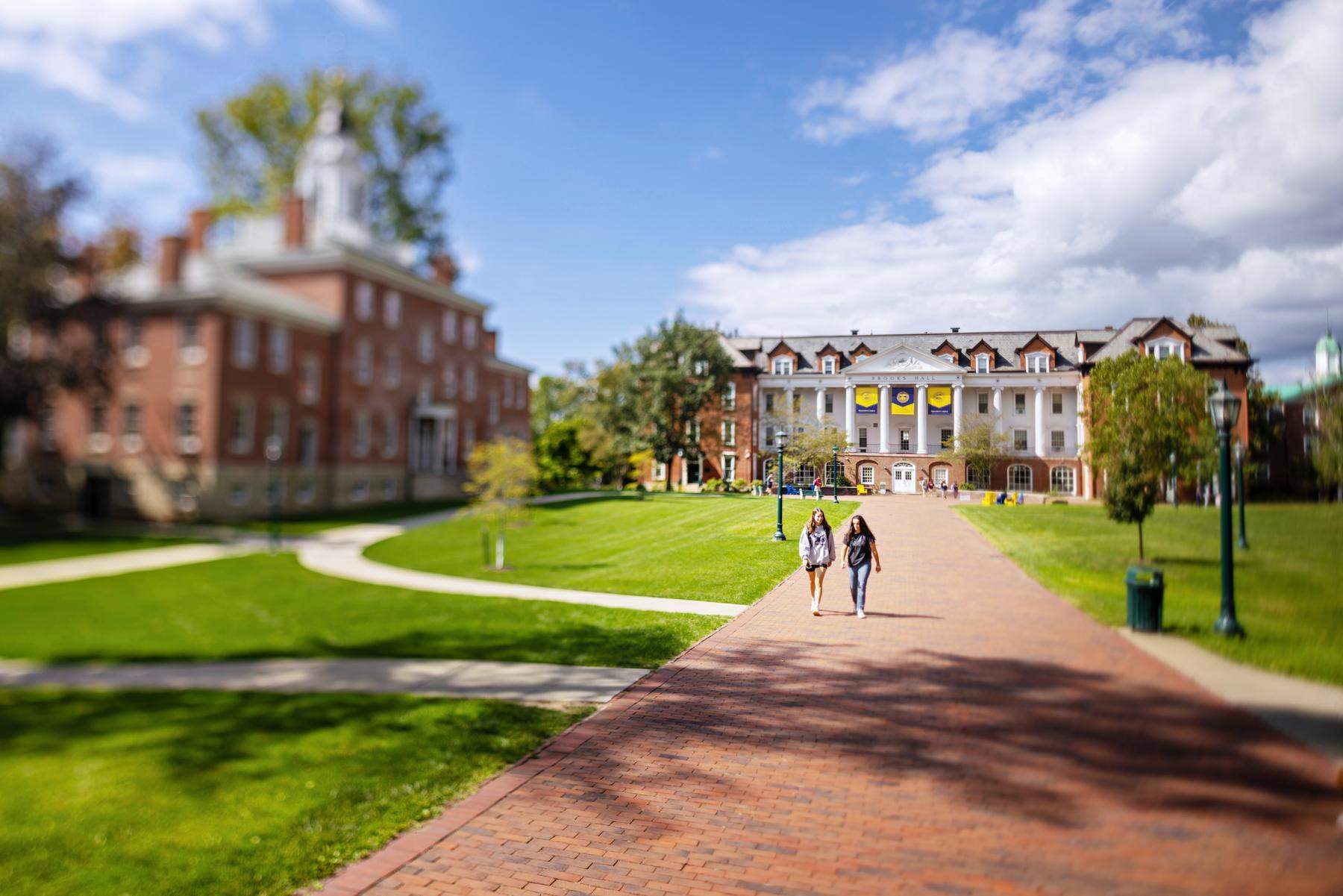Emily '21
I had a wonderful experience in Allegheny’s ESS Department. There is surely no other department where students and faculty collaborate on such a high level. My ultimate experience was taking Professor Nichole Gross-Camp’s Environmental Justice Class—what an introduction into the history of the environmental justice movement! I learned so much about the intersection of class, race and the environment, and how these intersections have informed progressive policy and land use for communities across the United States.
Land banking is not a new tool for American cities. In fact, Meadville is working diligently to pave the way for a land bank. This quasi-public entity is well-equipped to recycle vacant, abandoned, and deteriorated properties. For former rust belt cities (Pittsburgh, Cleveland, Baltimore, the list goes on and on…) and smaller industrial cities (like Meadville!), these organizations are able to extinguish back taxes and liens on properties whose value is outweighed by the amount of liabilities on the property. Land banks are crucial to the economic vitality and wellbeing of comeback communities that have had to adapt to new economic models. They tie together community vibrancy, equitable land use, economic opportunities, and affordable housing – they touch almost everything! They are absolutely the key to solving the shortage of quality affordable housing, providing increased opportunities for economic development, and keeping our communities safe and resilient. As climate change worsens, we will NEED to adapt and prepare our infrastructure, housing, and community safety nets.
Emily studied environmental science and Spanish at Allegheny College.




